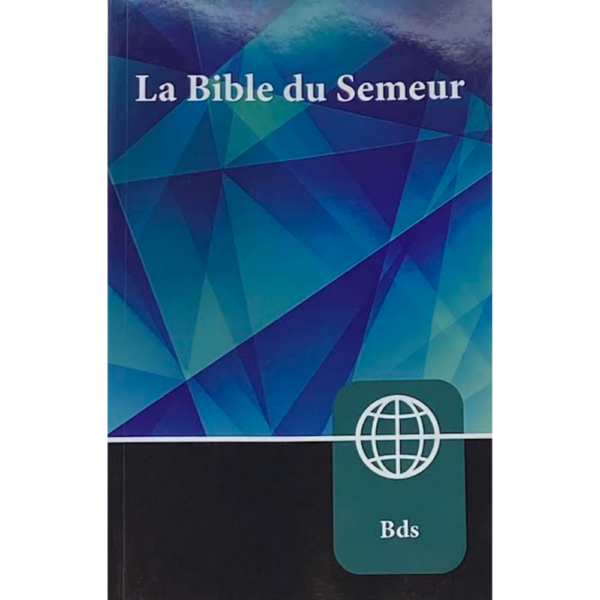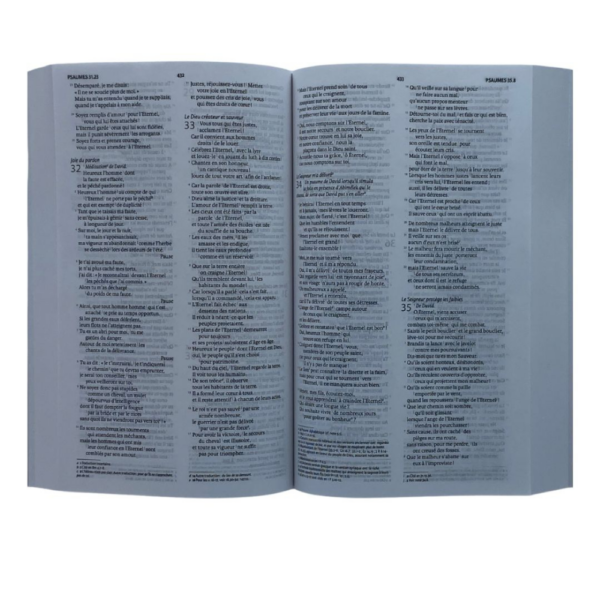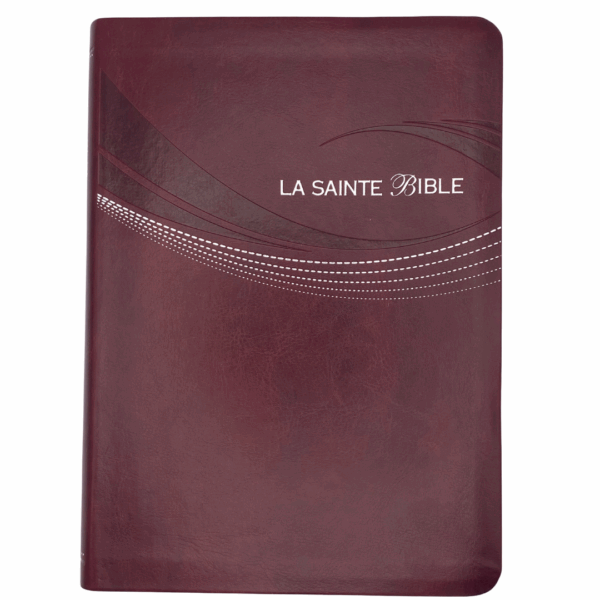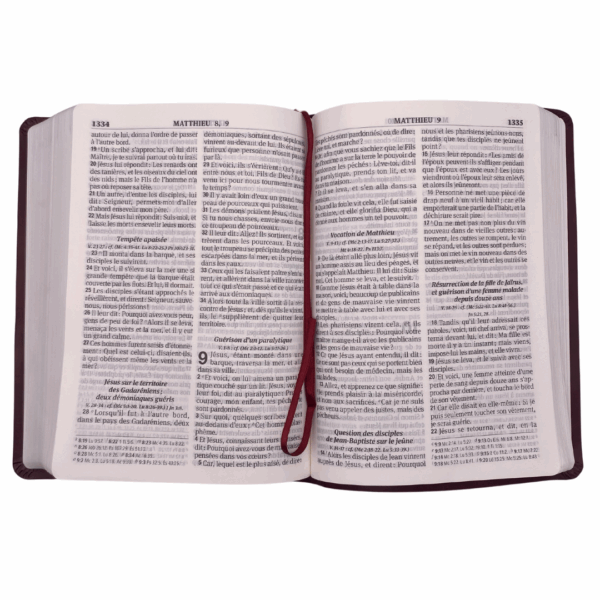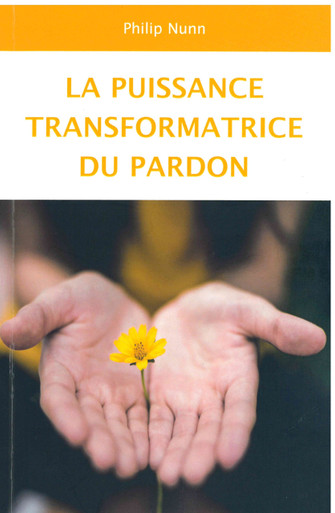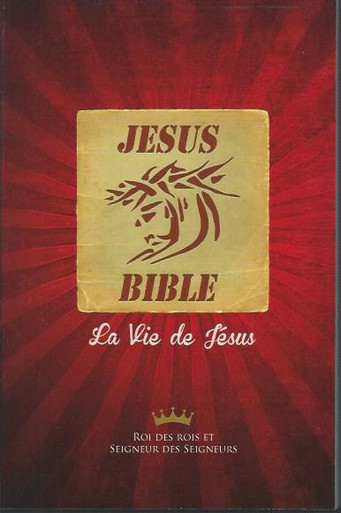French
Christian Books For Sale In French
At Shepherds Books, we are dedicated to making Christian literature accessible to everyone in the United States. Our online store offers a diverse selection of Christian books in French and a range of Bibles and Christian resources in multiple languages. Our mission is to share the message of God’s love and encourage personal exploration of Christianity by providing high-quality resources that inspire and guide readers on their spiritual journey.
As a welcome to Shepherds Books, we’re excited to offer you affordable French Bibles whether that's 10 or 100 Bibles. This is our way of helping you get started with a Bible in the language that speaks to you or those you care about.
In addition to French, we provide Christian books, Bibles, and DVDs in languages like English, Spanish, Russian, Albanian, German, and many others. Whether you're a bookstore looking for a reliable source of Christian books in French, searching for a French Bible for a loved one, or exploring Christianity yourself, Shepherds Books is here to support your needs.
Discover plenty of Christian resources that can enrich your faith or provide encouragement to those around you. Begin shopping today at shepherdsbooks.org and let Shepherds Books be your source for quality Christian literature.
Start Shopping!
Shop now to discover a selection of Christian books and Bibles in French waiting at your fingertips.
Safe Checkout.
Experience peace of mind with our safe, secure, and easy checkout process. Order today!
We Ship To You!
Count on reliable delivery to bring your package safely to your doorstep, typically within 6-12 days.
French Books & Bibles FAQ
Order 1-1,000 French Christian books and Bibles. We are happy to be your trusted source of Christian literature whether you’re a bookstore, ministry, or church.
We offer a flat rate shipping cost per item ordered.
While it may depend on many variables such as the type of book, the language ordered, and/or the availability status, our delivery times usually range between 6-12 business days.
Shepherds Books is an online bookstore committed to providing Christian books and Bibles in many different languages for those that want to learn more about Christianity. We’re also passionate about being a dependable resource for Christian literature for ministries, bookstores, churches, and individuals.
Watch the life of Jesus Christ, including His death and resurrection, at the Jesus Film Project. Bible.is is an excellent, reliable site to read the Bible online. We would also be happy to chat with you about any questions related to Christianity, God, or the Bible. Contact us now!
The Joshua Project is an initiative that seeks to identify and inform believers of unknown and unreached ethnic groups who may have never heard the Gospel for themselves. The Joshua Project provides detailed information on many different ethnic groups including key prayer requests for that ethnic group and other demographic details including Christian reach among that specific ethnicity.
An Overview of Christianity and the French Language
Christianity in France dates back to the Roman period, with early roots established by the 2nd century AD. By the 4th century, Christianity became more widespread following the conversion of St. Martin of Tours, a prominent missionary. The conversion of Clovis I, King of the Franks, to Christianity around 500 AD marked a pivotal moment, as it led to the integration of the Franks with the Roman Catholic Church and established France as a central player in European Christianity. During the medieval period, monasteries and cathedrals flourished, and France became home to key Christian scholars and influential religious institutions, like the University of Paris and the Abbey of Cluny, which greatly impacted Christian theology and education.
The 16th-century Protestant Reformation created divisions in France, with Protestant Huguenots facing persecution from the Catholic monarchy, culminating in events like the St. Bartholomew’s Day Massacre in 1572. The Edict of Nantes (1598) briefly granted religious tolerance, though it was later revoked in 1685, leading to further persecution and the emigration of many Huguenots. Christianity in France remained predominantly Catholic until the French Revolution (1789), which significantly weakened the Church's influence through secularization. Today, although secularism is strong in France, Christianity, particularly Catholicism, remains influential in cultural traditions, while Protestantism and growing evangelical communities have carved out their own presence within the French-speaking Christian landscape.
The history of the French Bible translation began in the Middle Ages, when portions of the Bible were translated into Old French. However, it wasn’t until the early 16th century that a complete French Bible became available. The Olivétan Bible, published in 1535 and named after Pierre Robert Olivétan, a cousin of John Calvin, was the first complete Bible translated directly from Hebrew and Greek into French. Supported by Protestant reformers, this translation became a significant text for French-speaking Protestants, known as Huguenots, during the Reformation.
In response, the Catholic Church produced its own French translation, the Louvain Bible (1550), translated from the Latin Vulgate, to counter Protestant versions. Later, the Port-Royal Bible (1667), translated by scholars from the Jansenist movement, became another significant Catholic French Bible. The Protestant Louis Segond translation, completed in 1880, became one of the most widely used French Bibles among Protestants, and remains influential today. Modern French translations, such as the Bible de Jérusalem (1956) for Catholics and contemporary updates of Segond's work, reflect a longstanding tradition of French-language Scripture that has helped make Christianity accessible to French speakers for centuries.
 Yiddish
Yiddish
